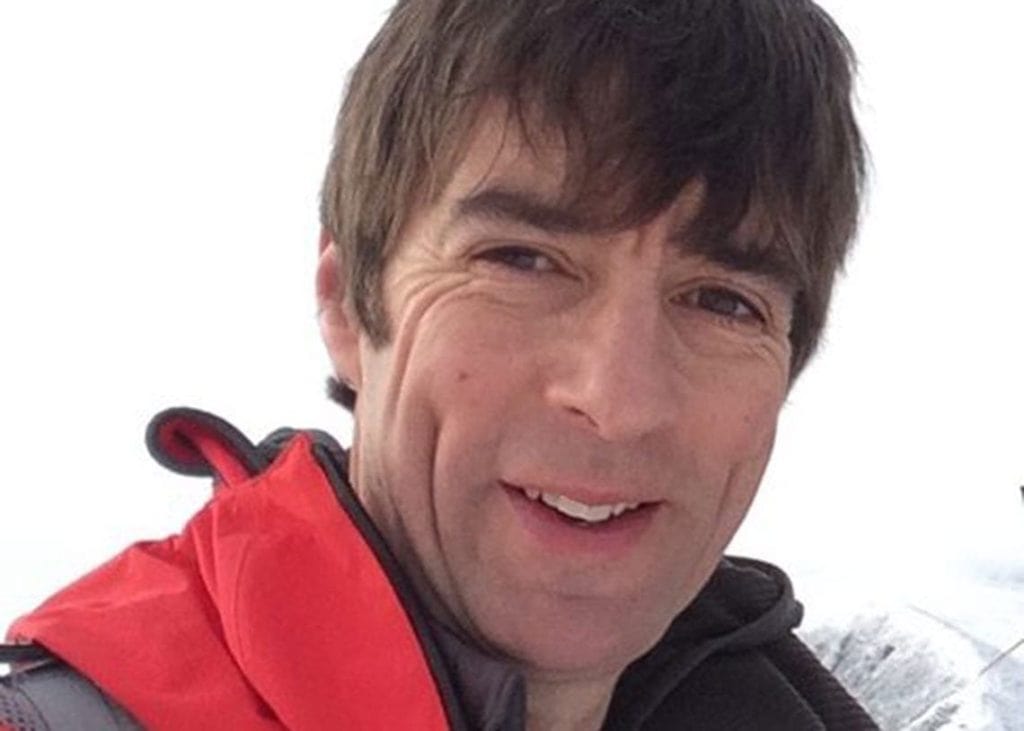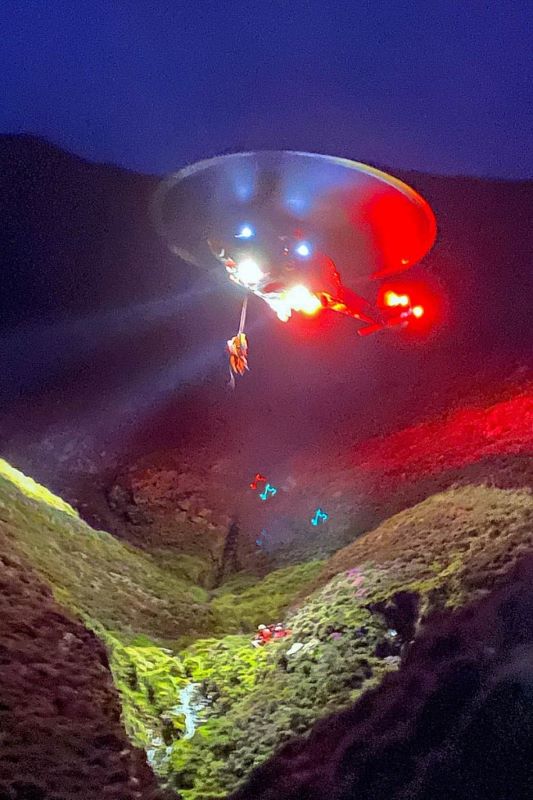
A teenage girl missing on Blencathra was initially believed to be more than 300 miles away in South Wales, rescuers have revealed.
The incident – which saw a HM Coastguard helicopter scrambled to Keswick from Scotland – occurred after a mix-up using what3words (w3w) technology.
The mapping system has assigned every three metre square of the world with a unique but random three word “address” to help people pinpoint their exact location.
And while it has saved lives in countless rescues worldwide and eventually proved its worth at the weekend, Keswick Mountain Rescue Team has warned people not to regard it as a fail safe option.
Chris Higgins, leader of the team, praised w3w generally as being incredibly helpful to rescuers, but with the caveat that there are instances of it proving it wildly inaccurate.
Mr Higgins said: “During the early stages of the rescue the initial w3w came through as being over 300 miles away near Swansea, rather than on Blencathra.
“It was only when the missing person messaged a relative later that the second, more accurate, location was given.
“There have been several rescues in which w3w have been wildly inaccurate, whilst there have also been many when it is incredibly accurate indeed.

“Because of these inconsistencies, as the leader of a team trying to co-ordinate a rescue, I cannot rely solely on any w3w reference without supporting information.
“Ideally, an accurate grid reference or latitude and longitude gives us the best chance of finding someone quickly in an emergency.”
But with more people heading into the hills with a phone in the pocket instead of a map and a compass, Mr Higgins sees it as symptomatic of how society has become more reliant on technology.
Yet to illustrate how traditional paper maps are not the be all and end all, the team was called out the following night to a walker lost on Glaramara at 11pm on August 1.
This time, the missing person had no digital devices as a back-up and was eventually found at 2am on Monday.
He was more than 1.8 miles off his intended route between Scafell Pike and Langdale, KMRT said.
Mr Higgins said: “Whichever means of navigation a walker chooses it needs to be considered carefully and not used in isolation. Any electronic device obviously needs batteries to work, a signal and be operated correctly by the user. All three of which have the potential to fail.
A spokesman for w3w said: “With the verbal communication of any location system, there is room for error.
“We’ve tried to mitigate this in the design of our system.
“Similar-sounding w3w addresses are spaced far away from each other the vast majority of the time. Hopefully, on this occasion, it was clear that the location in Swansea was incorrect.”
What3Words can work off-line with no data connection.








